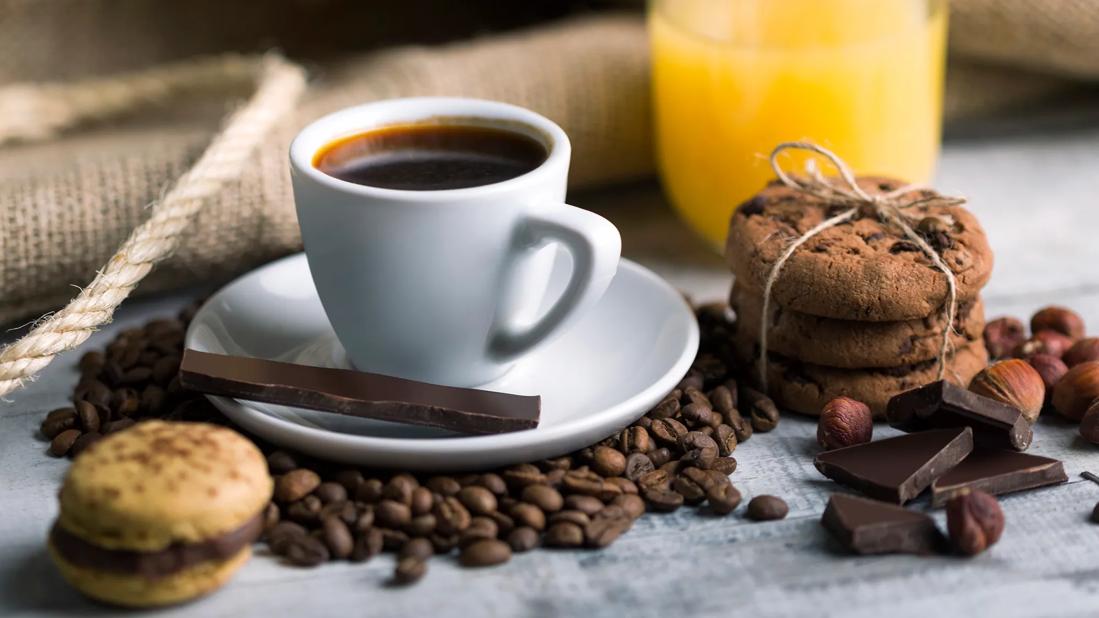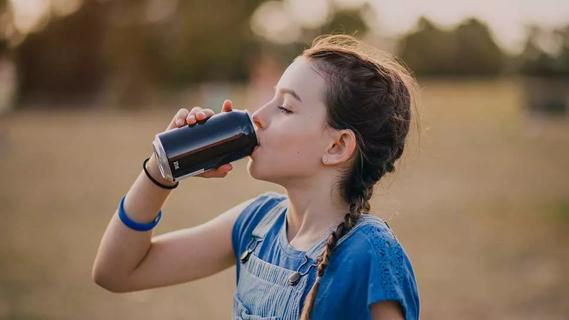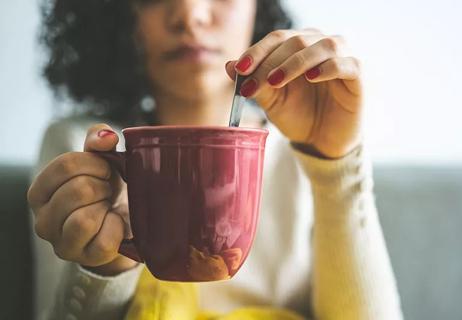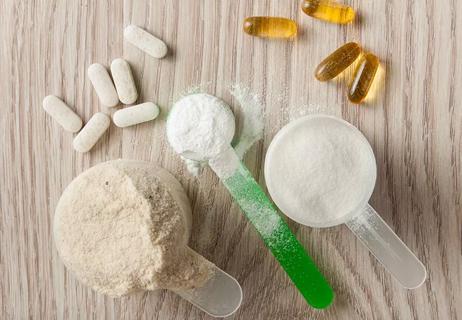This common stimulant can help you feel more awake, alert and focused, but too much of it can cause side effects

Ever wonder why it feels like you can’t get through the day without your morning cup of coffee? Or why you turn to that mug of tea or piece of chocolate for an afternoon pick-me-up? Each time you enjoy your favorite caffeinated treats, you’re ingesting one of the most commonly used stimulants in the world.
Advertisement
Cleveland Clinic is a non-profit academic medical center. Advertising on our site helps support our mission. We do not endorse non-Cleveland Clinic products or services. Policy
What exactly is caffeine, and what are its possible benefits and risks? Registered dietitian Beth Czerwony, RD, LD, delves into the science.
Caffeine is a type of drug called a stimulant, meaning it increases chemicals in your brain called neurotransmitters. This excites or motivates your central nervous system, the processing center that regulates everything your body does.
A little bit of caffeine can help you feel more alert, awake and focused. But too much of it can cause side effects, from jitteriness and stomach issues to heart palpitations and beyond.
Caffeine occurs naturally in certain plants:
It’s also added to various products, like soda, energy drinks, pre-workout powder and more.
A low to moderate amount of caffeine — 37.5 to 400 milligrams (mg) per day — can boost your mood, raise your energy levels, and improve your physical and mental performance.
Advertisement
Some studies propose other health benefits of caffeine, too. It continues to be studied for possible positive effects on inflammation, Type 2 diabetes and the lining of the heart and blood vessels.
In fact, some research suggests that caffeine might help you live longer! Various studies have shown that coffee drinkers in particular have lower rates of cancer and chronic diseases than people who don’t drink coffee. Long-term caffeine consumption has also been associated with preventing or lowering the risk of:
Even though you may not think of your cozy daily cuppa as anything sinister, caffeine is still a drug. Consuming as little as 300 mg of caffeine (or roughly four cups of coffee) can increase your risk of unpleasant side effects like:
Consuming too much can lead to caffeine overdose, a serious condition that brings more severe neurological (brain) and cardiac (heart) effects. It can cause arrhythmias (heart rhythm disturbances), seizures and even death.
“Because caffeine is a stimulant, it’s important to understand your sensitivity to it and consider your overall health so that you can recognize your limits,” Czerwony says.
Caffeine is generally considered safe and is typically OK to include in your daily diet. But as is so often the case, too much of a good thing can quickly become a bad thing — especially if you’re extra sensitive to its effects.
“If caffeine gives you the jitters or you find you’re becoming too dependent on it, you should consider cutting back,” Czerwony advises. “And if you experience symptoms other than the occasional jitters, it’s best to seek medical care.”
If high-caffeine options like coffee don’t seem to agree with you, look for decaf or “low-caf” options, like tea, mushroom coffee or other coffee alternatives.
Caffeine also isn’t safe for everyone, including kids under 12. Ask your healthcare provider about whether there’s a safe amount for you if you:
But if you’re otherwise healthy, caffeine is safe in moderation. Healthy adults shouldn’t consume more than 400 mg of caffeine per day, and teens should stick to less than 100 mg per day. And Czerwony shares an important reminder: Caffeine is found in more than just coffee!
Advertisement
“When we talk about caffeine, most people’s minds turn to coffee,” she says, “but keep in mind that other items have caffeine in them, too, and it has a cumulative effect. If you have two cups of coffee in the morning, an energy drink in the afternoon and a cup of tea with a piece of chocolate after dinner, it all adds up!”
Advertisement

Sign up for our Health Essentials emails for expert guidance on nutrition, fitness, sleep, skin care and more.
Learn more about our editorial process.
Advertisement

This popular stimulant has various impacts on your brain, heart, digestive system and other body systems

There’s no proven way to remove the natural stimulant from your body, but you can counter its effects by staying hydrated and getting in some movement

No amount of caffeine is safe for kids under 12, and kids 12 to 17 should be cautious about how much they consume

Don’t make the mistake of stopping cold turkey

These caffeine-packed supplements can give your workouts a boost

Keto can reduce blood sugar, but that doesn’t mean it’s right for everyone

Cravings are a natural response to hormonal changes, but giving into them may make you feel worse

People with PKU need to avoid high-protein foods, like meat, dairy, legumes and whole grains

Even small moments of time outdoors can help reduce stress, boost mood and restore a sense of calm

A correct prescription helps your eyes see clearly — but as natural changes occur, you may need stronger or different eyeglasses

Both are medical emergencies, but they are very distinct events with different causes